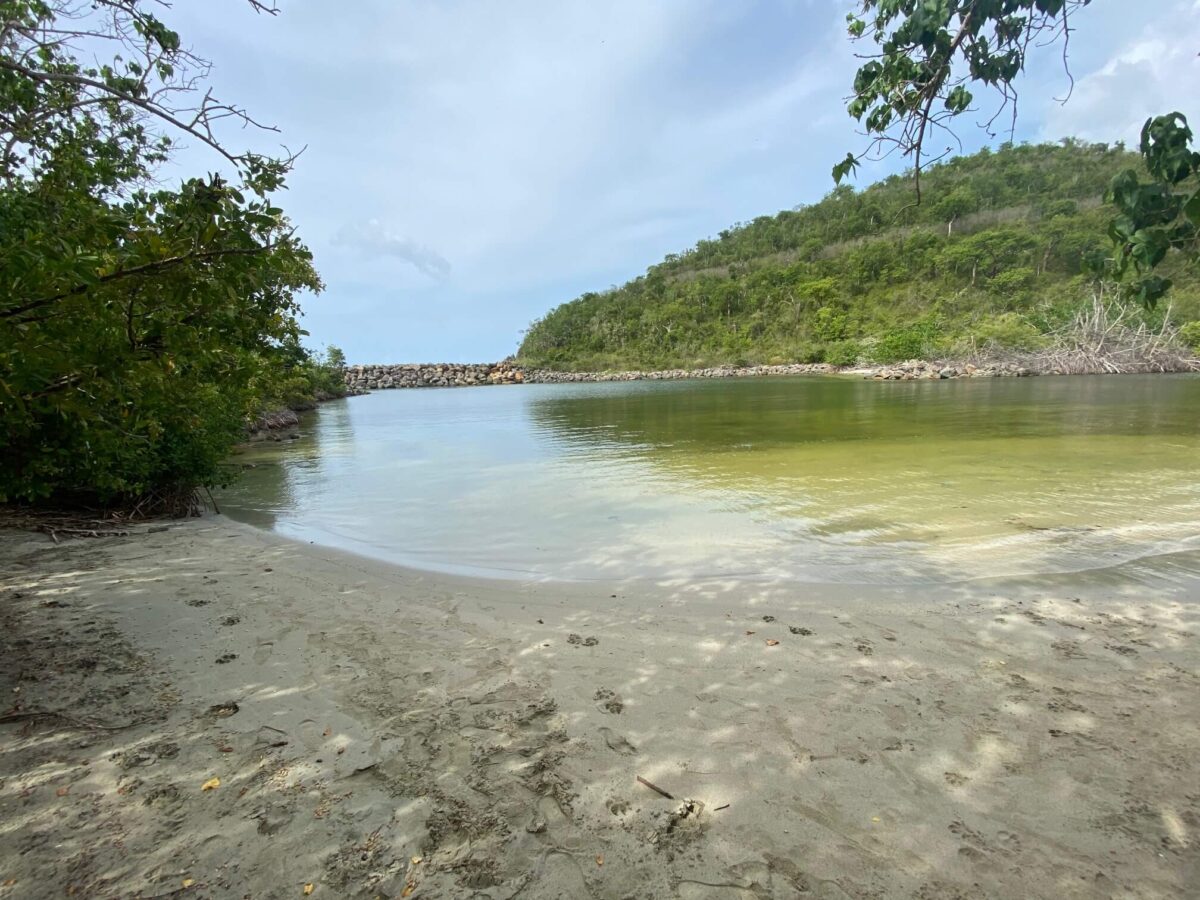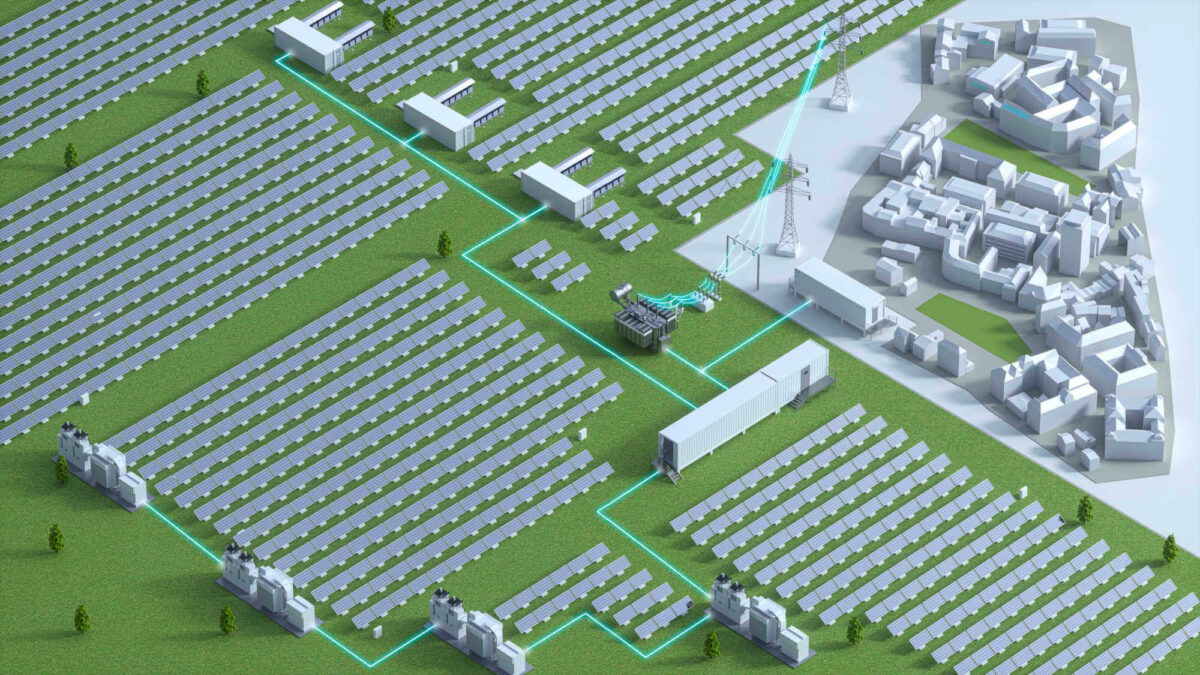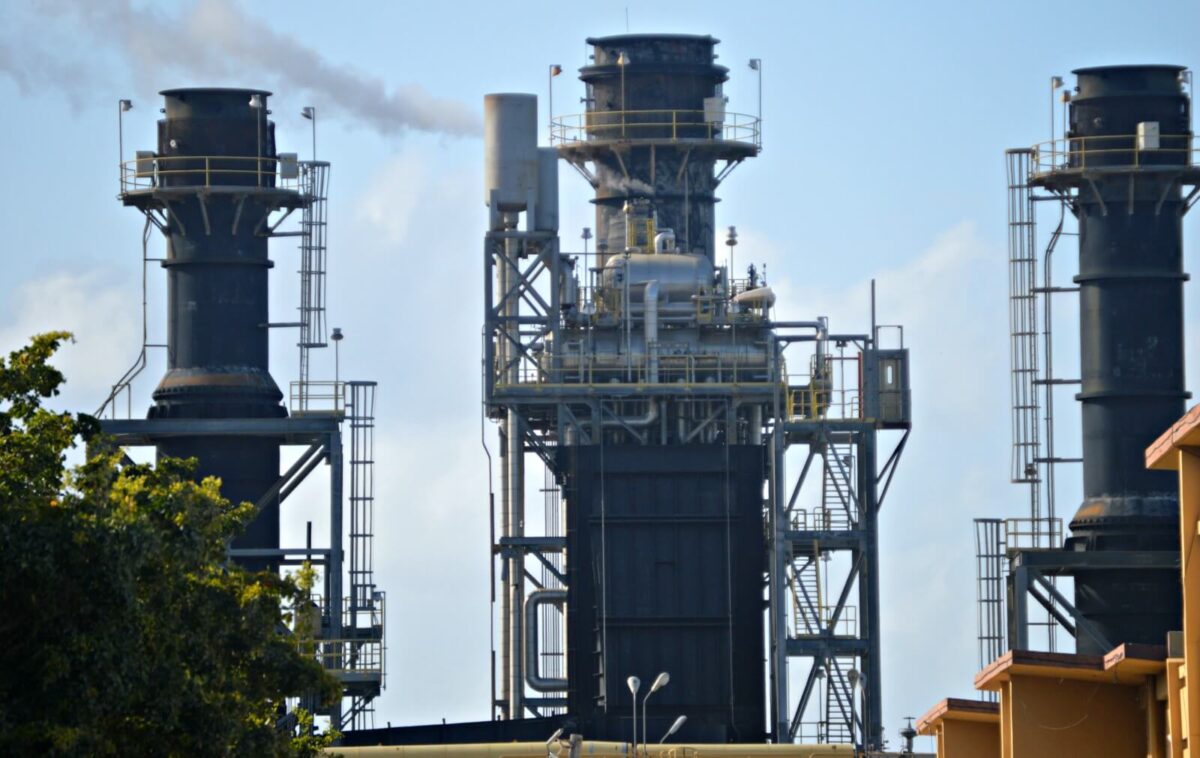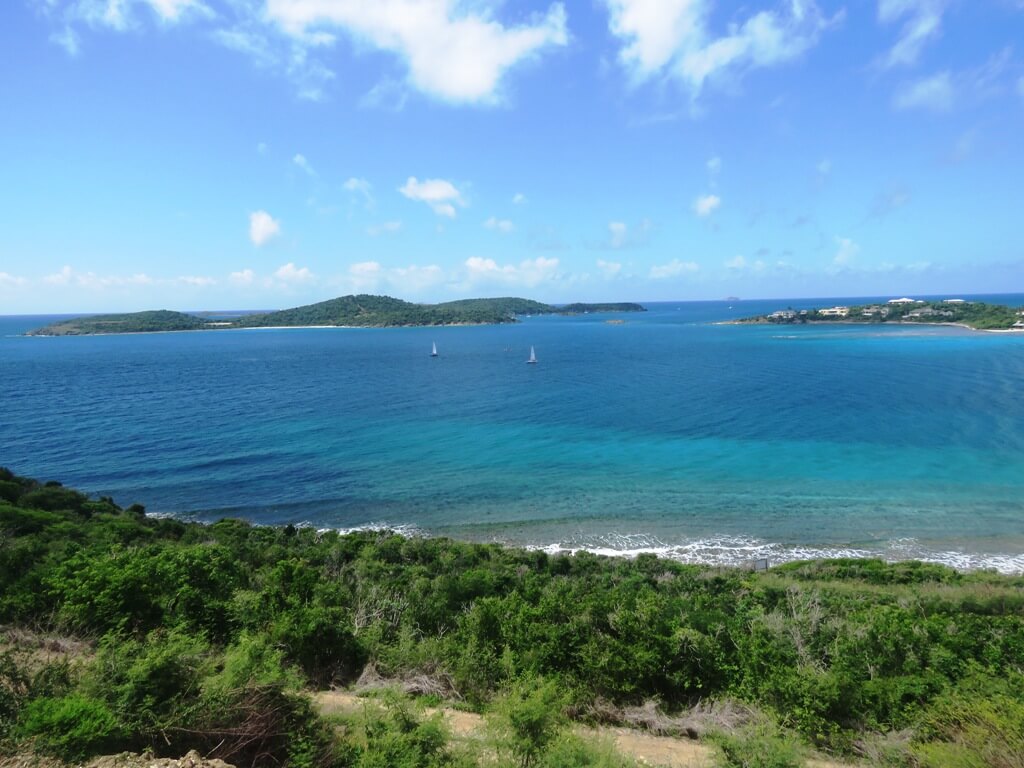I am often asked where I am from, and when I reply that I live in the VIRGIN ISLANDS, a common reply is WHY? Well, this is a pretty easy question to answer. And trust me, this blog is not even remotely a complete answer. But I thought it may be helpful to give some common answers- especially beneficial to those considering a move, second home, or investment property in the territory.
First of all, the weather in the USVI is ideal. Our low temperature for the year is usually in the upper 60s, while the high rarely goes above 95. So even in the summer, we don’t get the extreme high temperatures that many other places see, and we often have a nice breeze that doesn’t make those temperatures seem as hot as they are. For months on end, our low temperatures are about 70 with high temps around 85. Seriously, it may be as ideal as anywhere in the World.
Yes, we do have hurricanes. And when they hit, it can be a bad situation. Living here since 1991, I have been thru many storms. But over that time, there were really only three “really bad” storms: 1995 brought Hurricane Marilyn, and then 2017 brought back to back storms (ten days apart) with Irma and Maria. So when you really think about it, the serious storm hits are far less frequent than most people would imagine. And when you compare it to other weather phenomena from various parts of the World, you realize there is risk all over the place- fires in CA, tornados in the Midwest, snow storms in the East, and more.
What is there to do though? Well, we have lots of activities in the Virgin Islands. Let’s start with the water sports- sailing, snorkeling, fishing, powerboating, surfing, wakeboarding, stand up paddleboarding and kayaking, scuba diving, and more. Add that with beach relaxation, and you have uncovered some great leisure day options. Unfortunately St Thomas only had one golf course, and it has been closed since the hurricanes- and we are hoping a new buyer gets the golf course open again. But St Croix still offers golfing, so the opportunity is still there. Of course St Thomas is especially well known for its shopping- with super great deals on jewelry. The island is littered with fabulous restaurants- from small local outdoor eateries to fancy beachfront culinary masterpieces. And along with the many restaurants are bars. I won’t try to hide the fact that liquor is inexpensive in the USVI (no import duties on liquor) and bar hopping is very popular. Locals play all sorts of sports- whether baseball, soccer, swimming, sailing, basketball, volleyball, and more. There are ample hiking trails- especially on St John which is 2/3 National Park. Bird watching is very popular and we have a large variety of species. There is a lot of history here on island too, so ample places to learn about these things as part of your shopping and bar hopping days. But there is so much more than what is mentioned in this paragraph.
But let’s get to why people choose to live where they do. Weather and activities are certainly factors, but what about scenery? We live in one of the most beautiful places in the World. There are incredible views from most everywhere. I have taken people on Real Estate tours, and at the first place they see, I’ll hear “this is the nicest view I have ever seen.” By the third place, I have heard it again: “this view is even nicer than the first one”. It just never ends.
And don’t forget the people. I LOVE the people in the Virgin Islands. If I did not feel this way, I never could have lived here since 1991. If you walk into an office, you are greeted with a “good morning” or “good day” almost every time. Just passing people on the street creates similar exchanges. When I spend time in the States, and say “good morning” as I walk by somebody on the street, I usually get a funny glance versus a kind response like I receive in the Islands. But it is not just the greetings that make the Islands special- it is the caring. The USVI is a relatively small place where people know each other. And when something unfortunate happens to one of our own, the entire community tends to rally together to help. It is the primary reason we recover so quickly after a bad storm. Everyone comes together as one for the better of the community.
You like know they are called the US Virgin Islands for a reason. We are a US territory. So as a resident I have a regular cell phone with a US area code and it is not like being out of the country. I get regular mail service. And I file a 1040 just like a US citizen (though it is filed with the USVI Bureau of Internal Revenue, not the IRS). We are not allowed to vote for President of the US since we are not a State, and that is disappointing, but for most other reasons we are very similar to the US.
One negative I often hear about the USVI is the cost. Yes, it is expensive here compared to many other locations. Housing and food being two costs that are quite high. This is not surprising since everything must be shipped to the islands. But these high costs are offset in other ways. First, earnings tend to be higher than Stateside locations. Property taxes are very reasonable. As previously mentioned, liquor is cheap. And our Real Estate market has been very strong for decades- it did not crash like many large city markets in years past.
We at Real Solutions hope you can visit and learn about the Island Life in person. We have no doubt you will enjoy your time here, and at least think about making it a permanent place to live.




